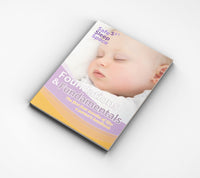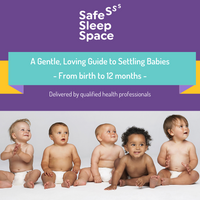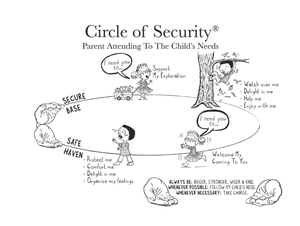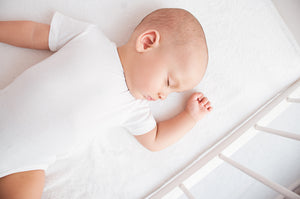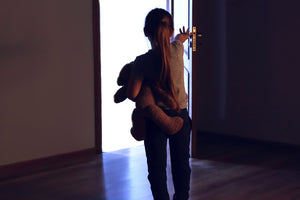Sleep Tip 3 - Why won't my baby sleep?

Unsettled Baby – Why won’t my baby sleep? There are many reasons why babies can protest about going to sleep and it helps to look at the most basic possibilities first.
Every baby is an individual and has their own sleep requirements. Some babies sleep better and longer than others.
Reasons may vary according to your baby’s age and stage of development. Even tired babies can cry when they’re going to sleep.
- Overtired babies often cry quite loudly. Missing their tired signs can lead to overtiredness. This is why it’s useful to look for their “sleep window” to maximise the chances of them going to sleep. It is also really important to Understand our baby's differing cries.
- Being hungry, feeling uncomfortable with a wet or dirty nappy can also cause reluctance to settle.
- Being unwell or just feeling miserable can also cause sleep disturbances. Illnesses such as ear infections and reflux can be reasons for babies not sleeping. A parent’s gut instinct is huge, if as a parent you suspect there is something wrong then go with it. There is usually something wrong and you should have your baby checked.
- A new developmental phase can mean your baby just wants to be close to you. Learning new skills can be exciting but it can also create challenges for little people. Sometimes your baby may just want your reassurance and help to boost their feelings of security.
- Babies often also have various growth spurts in which case they will feed more frequently; so it’s so important to always respond to your baby’s feeding cues. Your Child Health Nurse or GP will help guide you; so a great idea to keep checking in at your key ages and stages appointments. Growth spurts will often cause an increase in hunger.
- All babies go through a peak of unsettledness between the ages of 6-12 weeks. Many researchers believe this is because a young baby’s nervous system is immature. Crying is one way for them to let off steam and a way of “de-stressing”. This doesn't mean we leave our babies to cry; we need to be there for them and soothe them.
- Some babies are particularly unsettled in the first three months and need a lot of continuous soothing and reassurance from their parents. But this improves; just stay well engaged with your healthcare professional who will support you and offer you guidance throughout this time. Any medical concerns should always be investigated and treated of course.
- Separation anxiety commonly peaks at around 7 - 8 months of age. Babies who’ve been used to sleeping through longer periods at night will often start waking again because they need an “emotional top-up” and reassurance that their parent is close. The way to manage separation anxiety is with calm reassurance.
- Understanding Sleep Cycles From birth, sleep cycles normally vary in length from 20-30 minutes. As your baby matures, the average sleep cycle will begin to extend to around 30-45 minutes. By the time the baby has reached 12 months – entering into toddlerhood – we would expect to see the sleep cycle lengthen a little up to around 60 minutes.
Just as your baby may find it difficult to drift off to sleep without a little help, it is normal for some babies to have trouble moving from one sleep cycle to the next without help. Like the process of helping them drift off to sleep, with your support over time and as they mature, they will eventually manage to thread together multiple sleep cycles. Stay tuned for our next Sleep Tip on Sleep Cycles:)
Most sleep challenges can be easily resolved with the right support leaving you with more energy for enjoying your baby.
Need more help? Check out our Sleep Consultations [here] or our App Rockabub [here] or stay informed on our Facebook page
This article was written by Cindy Davenport, Clinical Director, MCHN, RN, Safe Sleep Space
